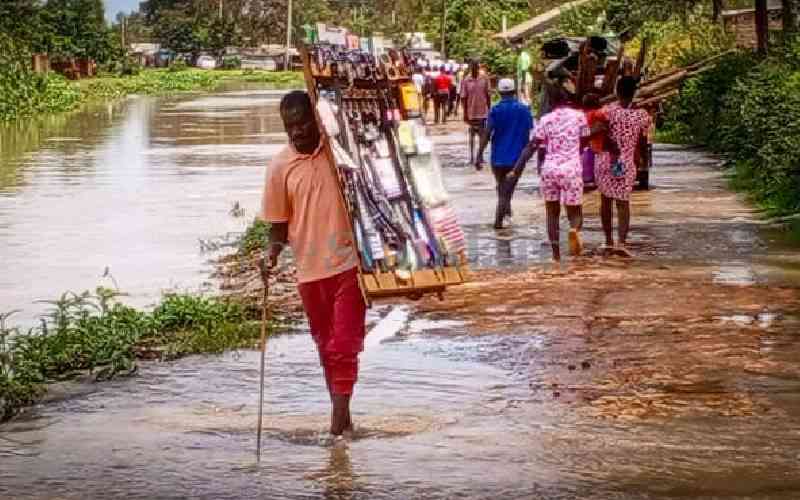
In many parts of the world, especially in developing countries, ageing continues to be a neglected issue with little to no attention being given to the plight of the elderly. According to Help Age International, the neglect could be due to the widespread belief that few old people exist in those countries or that traditional structures provide support for older people.
The misconception that all elderly people are economically inactive and passive recipients of care compounds their neglect, relegating them to being welfare cases and thus a burden to society.